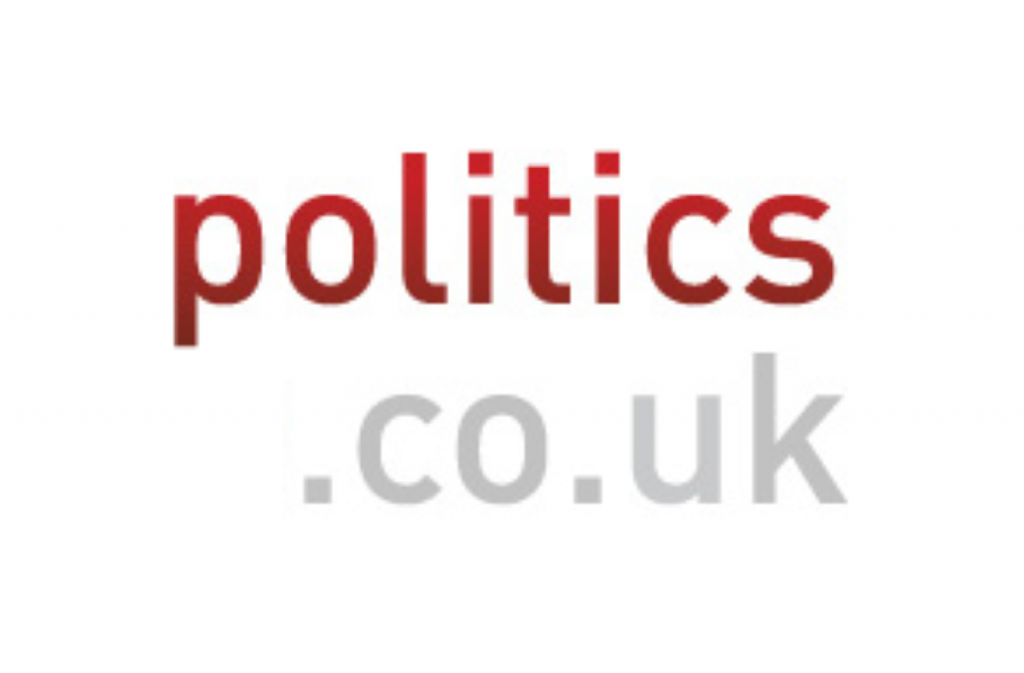Blair defends UK foreign policy
Regime change inevitably brings instability but spreading democracy across the world is the only way to combat extremism, the prime minister said today.
Tony Blair admitted Afghanistan and Iraq had seen high levels of violence but insisted that if military action led to the two countries achieving the goal of becoming stable, democratic states, the world would be safer.
“There are always difficulties when creating the transition [from a dictatorship] but the only way we are going to get long-term stability is on the basis of democracy,” he said.
Mr Blair was giving evidence to a committee of senior MPs on Britain’s foreign policy in Middle East, where he explained that in an increasingly globalised world, affairs abroad were inextricably linked with those at home.


Turning specifically to Iraq, he rejected suggestions that the presence of US and British troops in Iraq was fuelling the violence there, saying: “The only thing that requires the presence of multinational forces in Iraq is terrorism.”
He could not come up with exact figures on how many Iraqis have died since the military action in 2003, but insisted that it would be “absurd” to suggest coalition troops were responsible. He added that they were there with a full UN mandate.
Mr Blair has always denied that the war in Iraq led indirectly to the terrorist attacks on London this summer, and he repeated this today, saying terrorists would use whatever they could to try to win more recruits to their cause.
“Terrorism is not going to go away until we uproot it in every way. In the end even if you eliminate Iraq, Palestine, Afghanistan.it would come down to the way of life we have here and the way of life they want to oppose,” he declared.
On the subject of Afghanistan, Mr Blair said the situation was “difficult to judge, but the medium- to long-term prospects are good rather than bad”.
He admitted there had been little progress on stemming the wave of heroin coming out of the country, much of it onto Britain’s streets, saying: “We were too optimistic about eradication policy.”
However, the prime minister insisted that there were better processes in place now, and the new government was “very much more focused” on the eradication of the drugs trade.
Finally Mr Blair turned his attention to Iran, where he admitted that the new hardline president – who earlier this month called for Israel to be wiped off the map – posed some “real and serious concerns”.
“If Iran can develop nuclear capability it would pose a very serious threat to world stability and peace,” he told MPs.
“Remarks about Israel don’t exactly auger well for the types of policy that they would pursue, and therefore it is not surprising that people are very concerned about the possibility that they would develop such a capability.”

